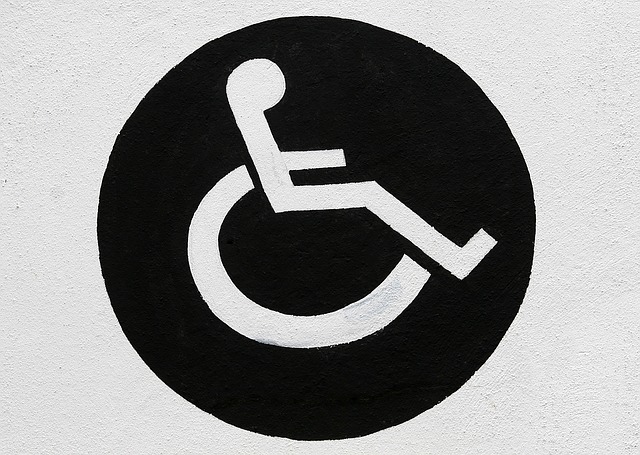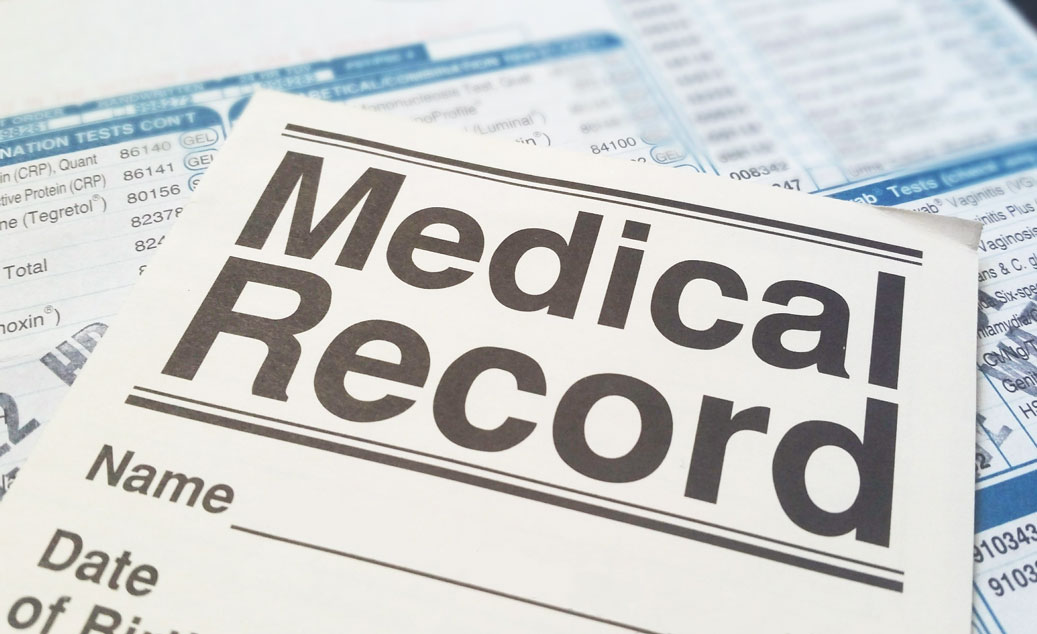Why You Need to Seek Medical Treatment Before Your Disability Hearing
If you’re applying for Social Security disability benefits, you may not have the means to seek medical treatment. Whether it’s an issue of transportation to a doctor’s office or the cost of the medical treatment itself, you may be inclined to apply for disability and just hope that your previous medical records speak for themselves. […]

May 15, 2017

If you’re applying for Social Security disability benefits, you may not have the means to seek medical treatment. Whether it’s an issue of transportation to a doctor’s office or the cost of the medical treatment itself, you may be inclined to apply for disability and just hope that your previous medical records speak for themselves.
However, it’s vital for you to seek medical treatment throughout the approval process. At the very least, you should seek medical treatment no later than 60 days before the date of your disability hearing. If you seek medical treatment, you will not only benefit from a doctor’s professional assessment of your disability, but you’ll also benefit from a stronger case for your hearing.
How Does the SSA Define “Disability”?

The reason you have to apply for Social Security disability benefits is to prove that you meet the Social Security Administration’s (SSA) eligibility requirements. Depending on the type of benefits you’re applying for, you may have to prove you have a solid work history or that your income is below a certain amount. But no matter what type of disability benefit you apply for, the big question the SSA is trying to answer is simply this: Is this person disabled?
The SSA’s definition for disabled may be different from another organization’s. For those applying for Social Security disability insurance (SSDI) or supplemental security income (SSI) as adults, the SSA defines disability as “the inability to engage in any substantial gainful activity (SGA) by reason of any medically determinable physical or mental impairment(s) which can be expected to result in death or which has lasted or can be expected to last for a continuous period of not less than 12 months.” For children applying for SSI, disability is defined as “a medically determinable physical or mental impairment or combination of impairments that causes marked and severe functional limitations, and that can be expected to cause death or that has lasted or can be expected to last for a continuous period of not less than 12 months.”
In either case, the disability must be “medically determinable.” That means a person’s condition can be diagnosed by official medical procedures or techniques.
A doctor or medical professional’s assessment of your disability, therefore, can contribute to the SSA’s decision on your disability. If your doctor can tie your symptoms directly to a disability, then your condition fits the “medically determinable” requirement and the SSA can move forward evaluating other factors of your disability claim.
The Importance of Current Medical Records

Everyone has medical records documenting their visits to doctor’s offices, hospitals, emergency rooms, therapists, etc. These records follow you throughout your life. You may be wondering, “Why do I need to seek medical treatment if I have a lifetime of medical records? Surely, evidence of my disability must be in there somewhere.”
Unfortunately, it costs $0.25 per page to get medical records, and those costs fall onto the client, not the attorney (although at Hensley Legal Group, your attorney will cover those costs upfront). To minimize expenses to you, your attorney will only request records from specific appointments. Plus, you have a lifetime of records. You won’t want your attorney sifting through a record of your bout of the flu in third grade—you’ll want your attorney looking at the records that document your disability. How will your attorney know which appointments he or she should request records for?
If you haven’t been to the doctor since your disability, then there are no records of your disability available for your attorney to request. Even if you have been to the doctor since you became disabled, your condition may have changed. In order to build a strong case, your attorney will need current medical evaluations of your condition—and that means having medical records from recent appointments.
Although you don’t have to collect your medical records yourself (you’ll sign a medical authorization so your attorney can collect them for you), you will have to let your attorney know the dates of your medical appointments so he or she can request your records for those specific appointments. It takes 30-60 days for medical providers to send your attorney the requested medical records—if they respond to the first request, that is. Sometimes, medical providers claim they never received a request for records and require your attorney to send multiple requests, dragging out the process.
Since it takes at least 30-60 days for your medical records to become available, it’s important to have your relevant medical appointments well before your hearing. That way, your attorney can request your medical records in time to use them as evidence for your hearing. If you have an appointment within 30-60 days of your hearing, the administrative law judge (ALJ) deciding on your case will likely withhold his or her decision until those recent medical records become available.
Help from an Indiana Social Security Disability Attorney
No matter where you are in the approval process for disability benefits, an Indiana Social Security disability attorney can help you navigate the complex process and stay on track. Call Hensley Legal Group or contact us online today for a free consultation. Be sure to check out our free eBook, Eight Mistakes to Avoid When Filing for Social Security Disability Benefits, for more information about Social Security disability and the approval process.
Available 24/7
Free Case Review
You won’t pay any fees until we win your case.
It’s easy - you can: